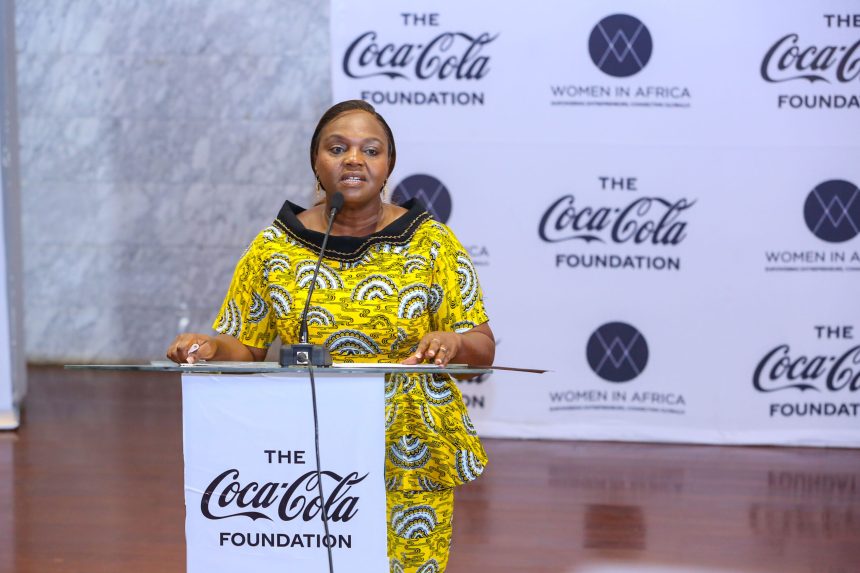Coca-Cola Beverages Africa (CCBA) has asked businesses to promote the inclusion of women in the private sector.
In a press release dated March 8, the beverage company termed the decision as ‘good for business and Africa’.
Coca-Cola noted that the company is leading by example across African nations.
“We understand that our business can only thrive when the communities we serve thrive too. This is why we have made economic inclusion of women one of the pillars of our sustainability strategy,” James Bowmaker, Managing Director at CCBA in Kenya said.
Bowmaker said that the company has worked to improve skills and business knowledge for women, which is in turn helping to give them access to more opportunities.
CCBA rolled out Mwanamke Shujaa(“A Brave Woman”) in Tanzania, which the Managing Director says provides training and mentorship to women food vendors as well as tools of the trade to enable them to grow their businesses.
The training covers key areas like bookkeeping, customer care, stress management and capital growth.
In Mozambique, CCBA’s economic inclusion programme has empowered a group of women plastic waste collectors through a comprehensive 12-week training course.
These women, Bowmaker says, have become advocates for recycling within their communities, spreading awareness about the positive impacts of waste management with the help of the company.
CCBA subsidiary Voltic also collaborates with Girls in Science and Technology (GIST) in Ghana to support women at various education levels, offering mentorship and coaching to foster successful careers in Science, Technology, Engineering, and Mathematics (STEM) fields.
“In South Africa, we have established a bursary fund at the University of Pretoria to support female students from previously disadvantaged backgrounds in their final year of engineering studies,” Bowmaker said.
The company also supports another engineering project in Ethiopia through a programme dubbed the ‘Women in Engineering’ trainee programme.
This programme is expected to empower women and give them development opportunities and exposure to the company’s world-class operations, setting them up for future employment.
“We will continue to focus on creating a better-shared future, to grow and sustain small businesses and enhance livelihoods, resulting in increased economic value and business capability for women, communities and our business system,” Bowmaker said.
“We believe this holistic approach, within and outside our organisation, drawing on the ability of everyone to inspire inclusion, is a powerful formula for change.”



